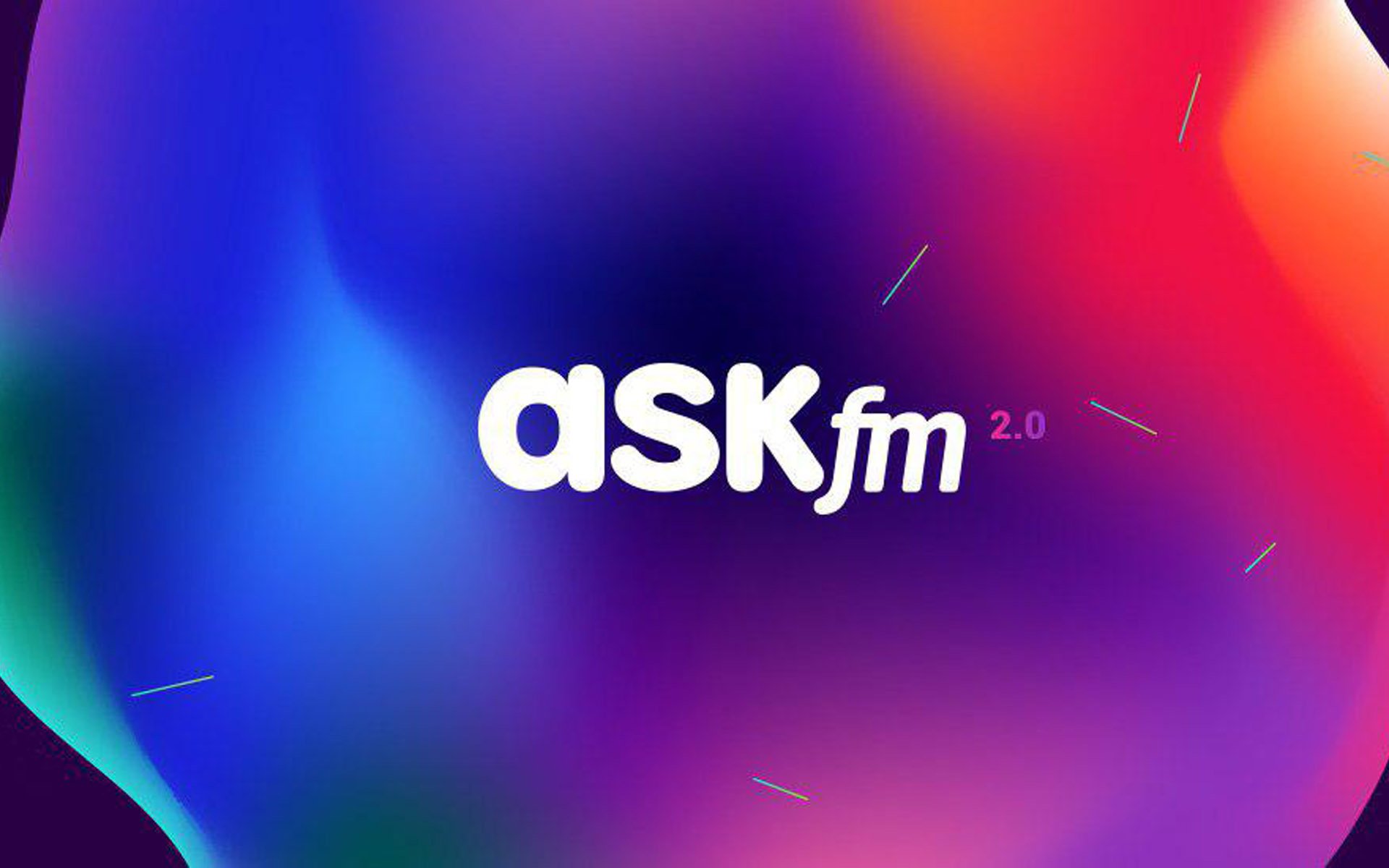
2018-6-19 00:00 |
УIn today’s environment, hoarding knowledge ultimately erodes your power. If you know something very important, the way to get power is by actually sharing it.Ф Ч Joseph Badaracco
The Fourth Industrial RevolutionHistorically, our society has undergone paramount technological changes in three industrial revolutions:
1st Industrial revolution Ц 1765: mechanization; 2nd Industrial revolution Ц 1870: mass production; 3rd Industrial revolution Ц 1969: automationToday, technology is already changing our lives. Drones deliver goods, Siri helps with booking the newest restaurants, shops operate without cashiers via contactless payment solutions Ч and these are just a few examples that immediately spring to mind.
Right now, weТre standing at the edge of a new global development spiral. This spiral began in the 2010s and is being called the У4th Industrial Revolution,Ф or УIndustry 4.0.Ф
The Fourth Industrial Revolution, finally, will change not only what we do but also who we are. It will affect our identity and all the issues associated with it: our sense of privacy, our notions of ownership, our consumption patterns, the time we devote to work and leisure, and how we develop our careers, cultivate our skills, meet people, and nurture relationships. Ч Klaus Schwab, The Fourth Industrial Revolution
The Fourth Industrial Revolution is built on the advancements made after the third one and is dominated by digitization. It can be traced through certain technologies such as artificial intelligence, the internet of things, blockchain, robotics, biotechnologies, quantum computers, and many others.
These technologies are disrupting business models, social interactions, and life in general. Today weТre surrounded by innovation Ч we live in smart cities, build smart houses, drive smart cars, while catering to our digital profiles and online personas.
New technologies are unleashing new demands in the global job market, as artificial intelligence is in force. Workers not skilled and/or educated enough are at a disadvantage in the new era, as they can be replaced by rapidly developing artificial intelligence and robotics. Thus, the focus is shifting to training, talent development, self-education, and life learning.
According to the УFuture of JobsФ Ч a report issued by the World Economic Forum Ч 35 percent of core skills will change by 2020, resulting in the following top skills being predicted to dominate the global job market:
Complex problem solving Critical thinking Creativity People management Coordinating with others Emotional intelligence Judgment and decision making Service orientationThis means, on average, to be successful, an individual will need profound, well-developed social skills Ч rather than narrow technical skills. Emotional intelligence and expertise are growing in demand.
ASKfm 2.0 is standing on the cutting edge of Industry 4.0, promoting the global idea of a knowledge economy.
From the perspective of knowledge economies, knowledge itself is viewed as an asset which can create economic value. It can be traded and may form capital.
The knowledge economy is possible without technology but combined it gives a synergy effect that can boost any industry. The combination of industrial progress, technological development, and knowledge are the driving forces of this era.
ASKfm 2.0 considers knowledge and information two of the most important assets available to humanity today. In this regard, ASKfm is upgrading its platform. Created back in 2010, ASKfm is standing strong with 215M users and 600 M questions asked, monthly.
ASKfm 2.0 is engineered to help people share knowledge and information Ч only shared knowledge can be multiplied. By making blockchain an underlining technology, ASKfm 2.0 is democratizing the knowledge economy environment, making it independent and self-regulated.
Knowledge will be tokenized by introducing the ASKT token. Users will be rewarded for content creation and activity performed on the platform with ASKT. Our rewards model will encourage quality content, further proving that knowledge of every individual can be an asset. Token holders will act as market players, supplying and consuming knowledge generated on the platform.
ASKfm 2.0 believes that sharing knowledge correlates with one of the basic trends, introduced by Industry 4.0 Ц life learning and self-education. The most natural way to find new information is to ask. Not only can you ask your questions and pick out the best answer, with ASKfm 2.0 you can transfer your own knowledge and make it a liquid asset as well.
УLet us together shape a future that works for all by putting people first, empowering them and constantly reminding ourselves that all of these new technologies are first and foremost tools made by people for people.Ф Ч Klaus Schwab, The Fourth Industrial Revolution
Powered by technology, ASKfm 2.0 is created to serve people and multiply their wisdom.
What do you think about ASKfm 2.0? Let us know in the comments below!†
Images courtesy of Shutterstock, Bitcoinist archives.
The post Why Does the New Economy of Knowledge Sharing Matter? appeared first on Bitcoinist.com.
origin їBitcoin price in Telegram @btc_price_every_hour
Power Ledger (POWR) на Currencies.ru
|
|

